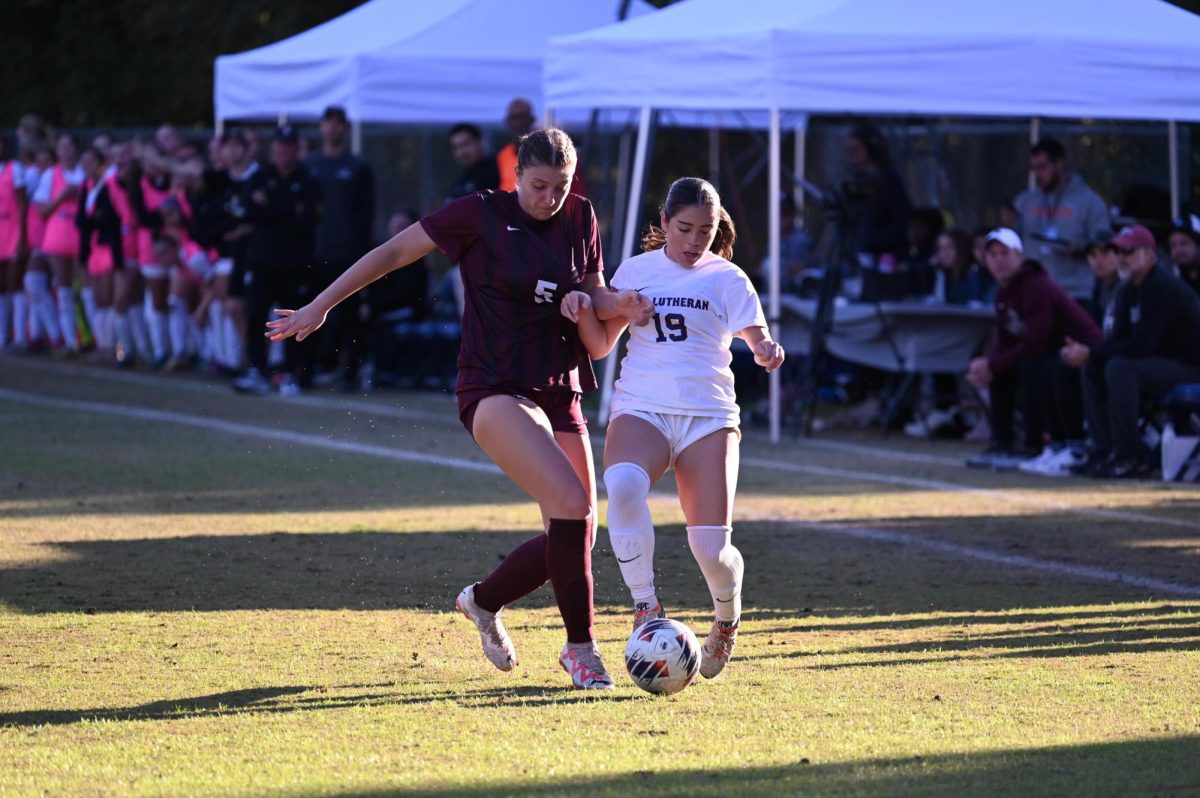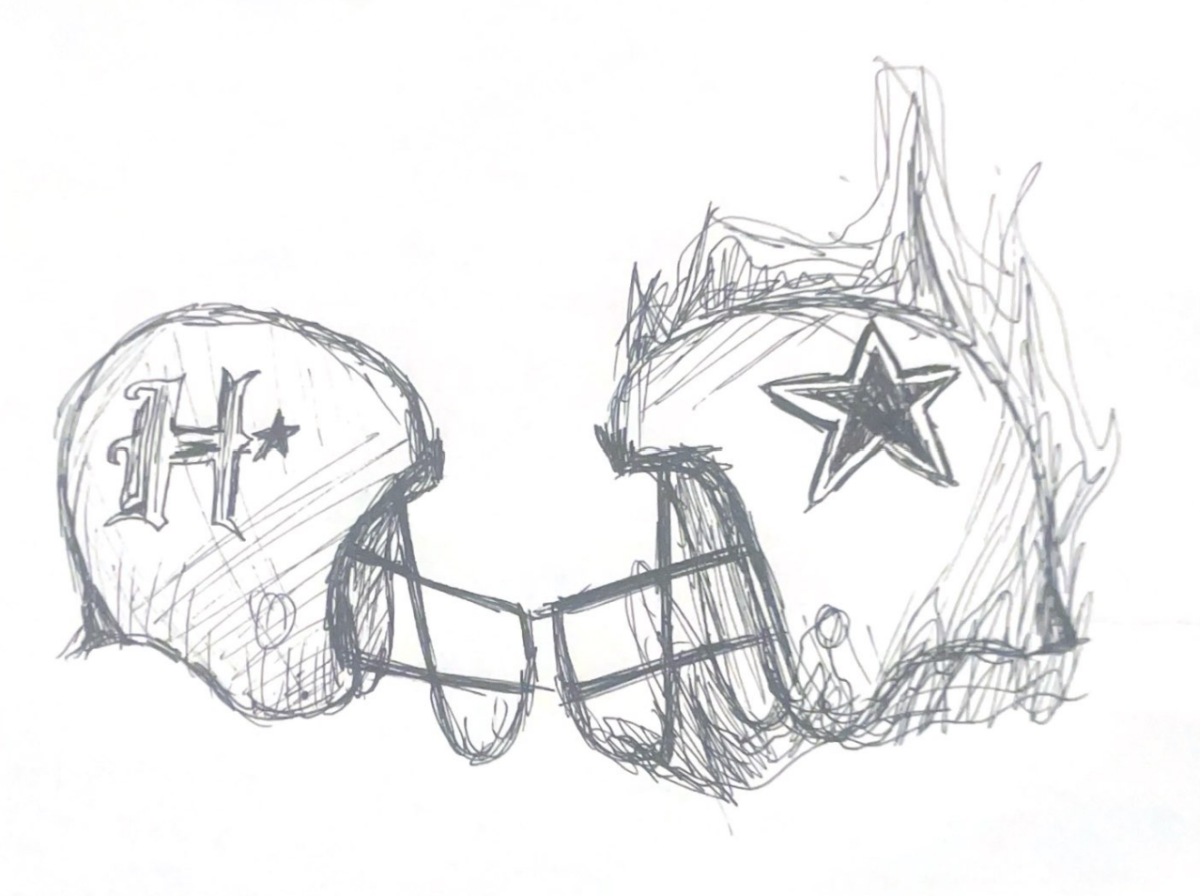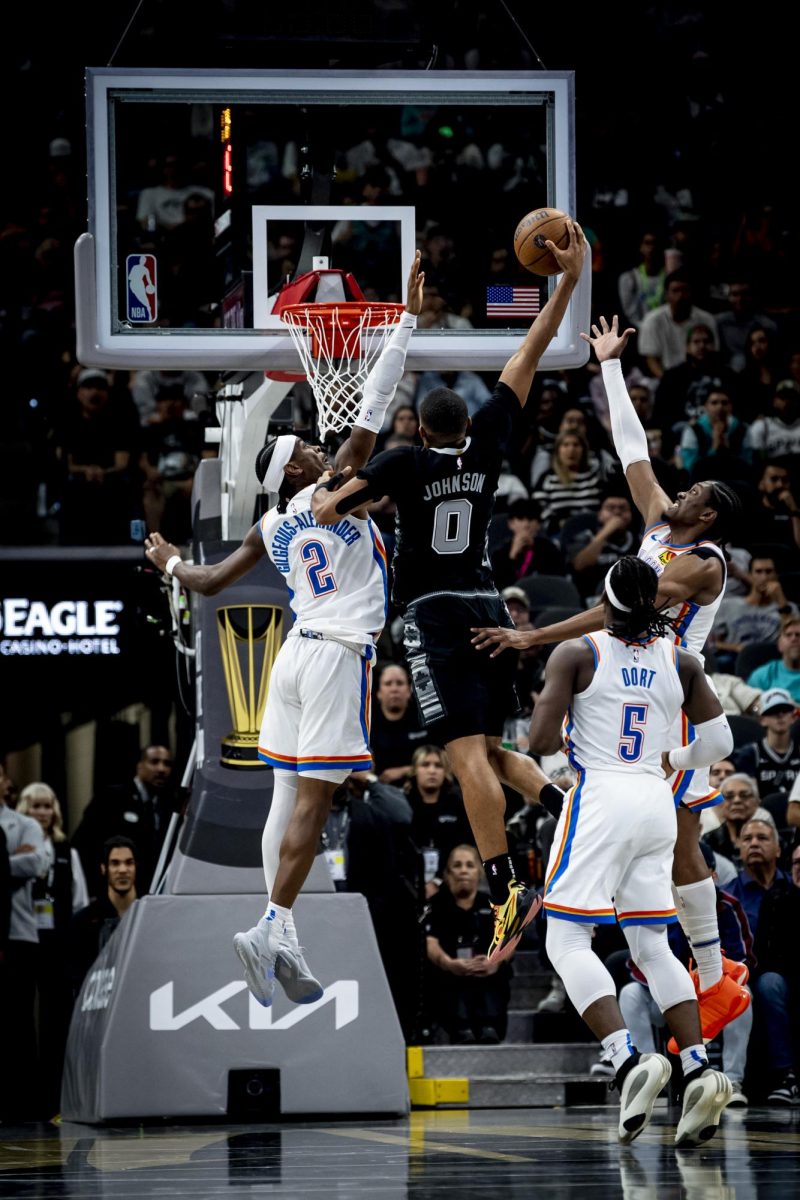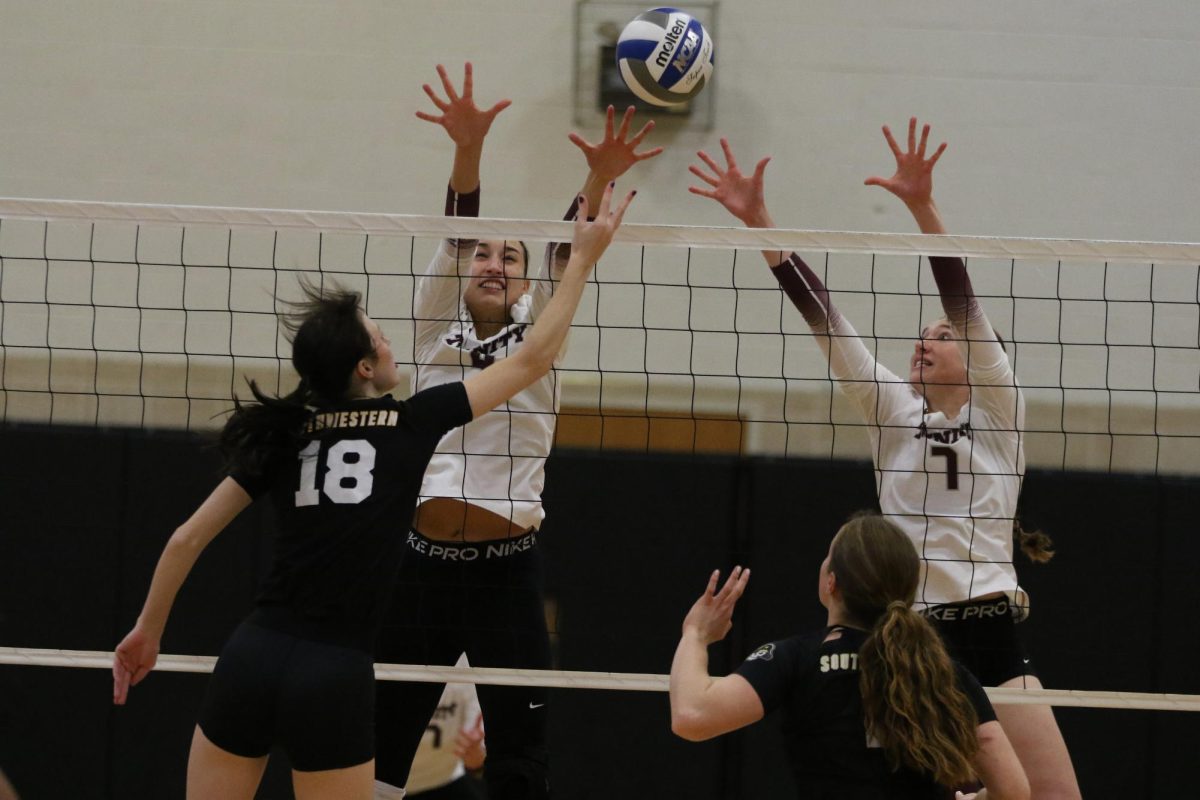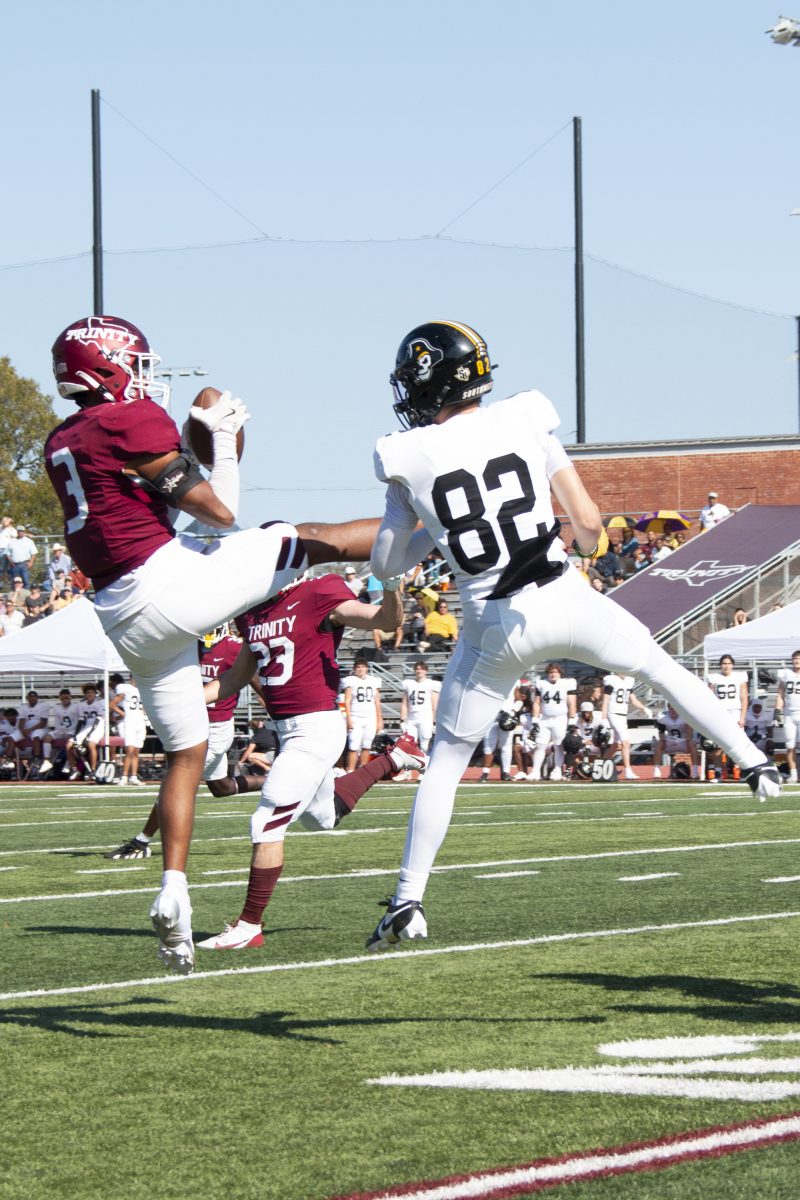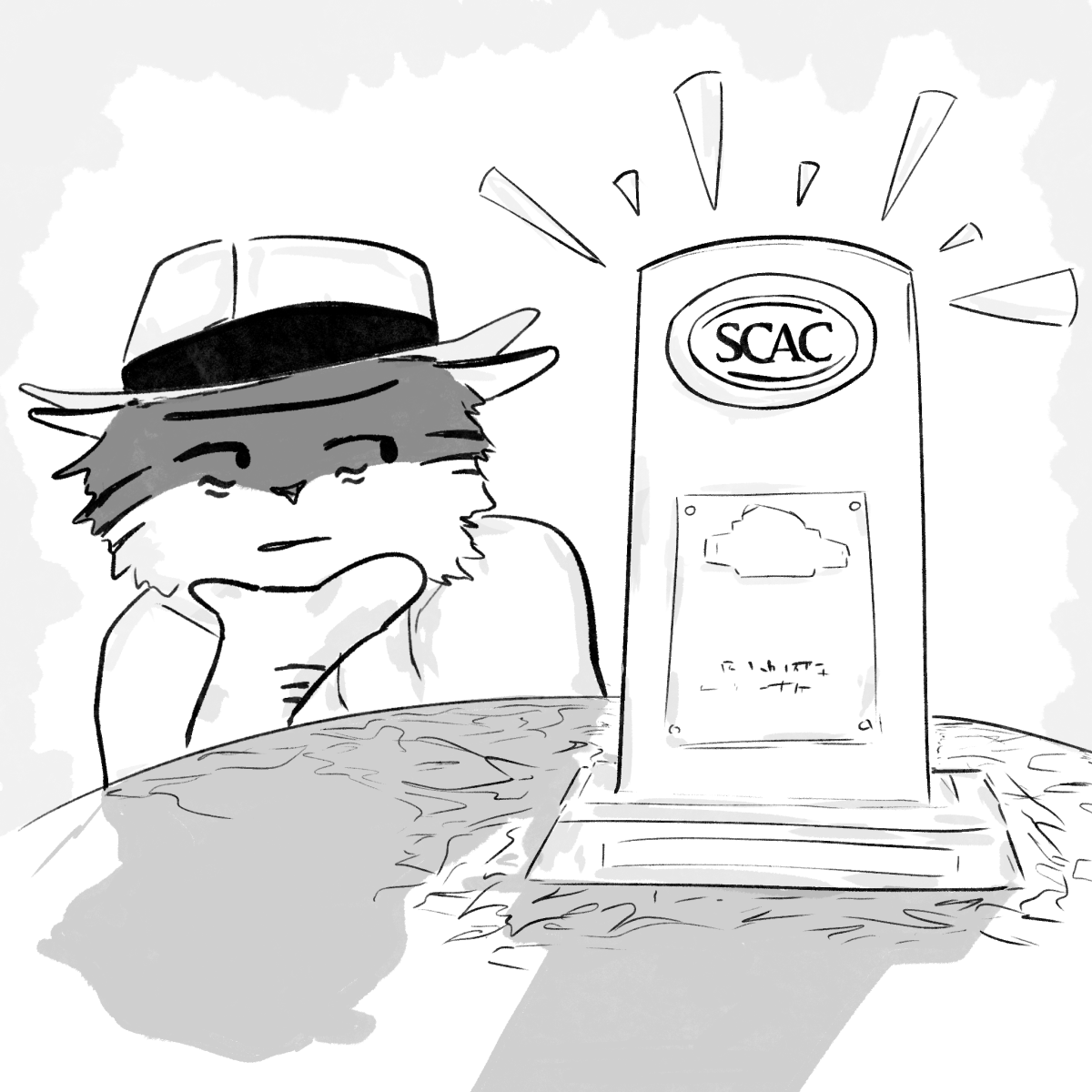CLINT:
Due to the public outcry, many professional and college teams have been changing their team names so they are no longer affiliated with inaccurate representations of Native American people. However, there are still some teams that use team names with Native American roots, honoring the heritage of the Native Americans by using the name of a local tribe as their official team name. A few notable examples of this are the Florida State Seminoles and the Chicago Blackhawks.
Other organizations have come under fire for refusing to change their team name or logo, two of which are the Cleveland Indians and the Washington Redskins. Cleveland buckled under the pressure of the opposition and has recently adapted a red “C” as the primary logo of the team, with Chief Wahoo, the old team logo, being featured less prominently. The Redskins are now at the forefront of this debate, and people are taking sides on whether or not the Redskins should change both their logo and their team name.
Unlike Chief Wahoo of the Cleveland Indians, the logo of the Redskins is not offensive, and I do not think it needs to be changed. As for the team name, I do not think they should change it either.
The word Redskins is a derogatory term. I won’t argue that. It’s clearly offensive, but simply changing the name will not affect how poorly the Native Americans have been treated in the past and how poorly they are still being treated to this day.
A name change would allow people to view the issue as being resolved when this is far from the truth. The Native Americans are a underrepresented group in the United States and the issue of a name change allows them to be in the spotlight a little bit longer and hopefully their time in the national spotlight will illuminate issues that still need to be addressed.
Another reason the Redskins should not bother with a name change is simple: money. The Redskins’ name and logo has a high monetary value attached to it. The fact that the team lost the trademarks for the logo and the team name is a travesty that will undoubtedly hurt their brand. According to Forbes’ Valuations for National Football League (NFL) teams, the Redskins are the third most valuable team in the league. It should come as no surprise that “Jerry World” and his Cowboys rank as the most valuable team in the league. In fact, the National Football Conference Eastern Division (NFC East) consists in part of the Cowboys, Redskins, Giants and Eagles, all ranked in the top ten for the team valuations out of thirty-two teams.
Someone could ask the question, why would the NFL allow one of their highest valued teams to have an offensive team name? I would ask right back, why would the NFL make one of the most valuable teams change its team name? It would be completely counterintuitive for the NFL to do that. A division where four of the teams rank first, third, fourth and ninth in the league respectively in valuation and you want one of the teams to change its name? The NFL likes money and if this was any other business, you would be laughed out of the office as you packed up your belongings in a box.
To me, it is completely illogical to change the Redskins’ name. The only way I could ever see it happening is if Dan Snyder, the owner of the Washington Redskins, is forced to change the team name. If Snyder is forced into a name change, the team and the fan base will lose its entire identity. Snyder would essentially be starting a team from scratch and he would run the risk of losing a large percentage of his fan base. Sure, hometown fans would root for the new team, but the Redskins fans that no longer live in the District of Columbia (D.C.) metropolitan area would not hold any sort of attachment to this new team. These fans, without a home team to root for, would lose interest in their old team and would begin to root for teams in the surrounding area that already have an established identity.
When the Browns moved to Baltimore and became the Ravens, few expected them to experience the success they did so early on. That success, along with the founding of the Carolina Panthers, caused the Redskins to lose their monopoly of the east coast’s fan base.
Should the Redskins change their name, I see little reason that those fans would support a rebranded franchise. I don’t believe Washington should be home to another team that does not have the full support of the city.
The Nationals are a good example of this, due to the strong presence of the Orioles, Phillies and other teams in the surrounding area. With the rebranding of old teams in the D.C. area, one would be hard-pressed to find a die-hard Nationals fan and would be even more hard-pressed to find a fan of the rebranded Washington football team.
AYNAV:
We witness bullying from the minute we start school even though we are taught “” fairly quickly, if I may add “” that it is fundamentally wrong to call people names, make people feel less than what they are and enforce stereotypes.
Now, what I find ironic, in a sense, is that we are taught this generally obvious lesson of “treating others as we wish to be treated,” yet I can’t be a fan of Washington’s professional football team without feeling some sort of guilt or uneasiness.
But why? It is a strong-standing team filled with tradition that stems back to 1932. That is 82 years of history, fandom, 13 NFL divisional titles, six NFL conference championships and five Super Bowls, three of which they won.
So, I would agree that this team deserves to be celebrated, but not while the team name and logo are, in the simplest way put, racist.
Sports are an incredibly unique market in our society. We invest (whether through sponsorship, ticket sales or memorabilia) into an entity that is strictly based on a set of rules someone simply made up one day and created this idea of professional athletes: individuals that play roles of heroes and mentors in our lives based on their athletic ability.
Yet, if you take a step back even further to a bigger, broader picture of sports, even just looking into youth sports, the point is to give unlikely people a reason to come together, interact and form relationships “” this may mean becoming a leader and helping your group develop or even just learning how to work as a team.
Those are all humbling reasons that make me appreciate the emphasis we put on sports throughout our lives. We cultivated a society where we idealize hardworking individuals that work together to achieve a successful outcome.
That is fantastic.
The aspect that doesn’t seem to match up for me is any justification that takes this incredible potential that sports has to offer and associates a team of hardworking front-runners with a racially insensitive label: the Redskins.
The argument thrown around that the Redskins name change wouldn’t cause any change within our society is being proved wrong every single day.
The NFL has numerous campaigns like “Say No More,” a domestic violence and sexual assault awareness campaign or, a more recent example, Pink Ribbon Days for Breast Cancer Awareness Month. Though the direct effects that these campaigns have had on either issue probably can be argued, the fact that the NFL brand associates itself with a cause brings it some sort of traction: traction that starts a conversation, brings an issue into light, makes our society a little more comfortable talking about it and hopefully bringing about some sort of positive change.
Now, if the NFL can increase awareness of issues in our society such as domestic violence and sexual assault, why not stand up to racism, too?
Of course, with that mindset, it would be nearly impossible to expect the NFL to fix all the world’s problems. That is not necessarily what I am imploring. Rather, if a widely popular group, such as the NFL, can make a change in a flawed part of our society that they are currently emphasizing with the Washington Redskins, why not make a change?
I realize there are some intensely embedded traditions and that fans adore Washington’s football history, celebrate their mascot with the best of intentions and swear by their commitment, but I challenge those individuals to ask questions.
Yes, the intention is not negative “” you are simply cheering on your favorite team “” but would it really make a difference in your fandom and pure enjoyment of the sport if the NFL removed the title “Redskins” and chose a new mascot?
It is explained that the mascot was changed to the Redskins back when the Washington team played in Boston, known as the Braves. Yet, there was an issue where the Boston Braves shared the same name as the then baseball team in town. Hoping to avoid the confusion and “” apparently “” honor the previous coach William Henry “Lone Star” Dietz, a somewhat self-proclaimed American Sioux, owner and president of the team at the time George Preston Marshall changed the name of the team to the Redskins.
This is where the questioning comes into play.
The original change from the Braves was, from what it seems to me, more a marketing ploy. Marshall, as the president of the team, wanted to make sure it had its own identity. That makes sense. Considering that, this idea of “honoring” an individual based on a widely recognized derogatory term in current times seems a little destructive to that initial marketing ploy.
The point, in a business setting, is to sell tickets, get more sponsorship sales and cultivate an even bigger fan base. Even just basing concern on Marshall’s original reason to change the name from the Braves, Washington’s professional team should be worried about its identity again. Their identity, beyond any success or downfall as seasons come and go, is directly associated with a racially insensitive stereotype of American Indians.
But we think back at the whole point of sports: to have unlikely people come together, interact and form relationships. Do we want to associate that ideal with a racist term? Does that cultivate positive relationships? Would we want stereotypes that we are personally associated with to be our beloved sport team’s mascot?
I would argue no.

